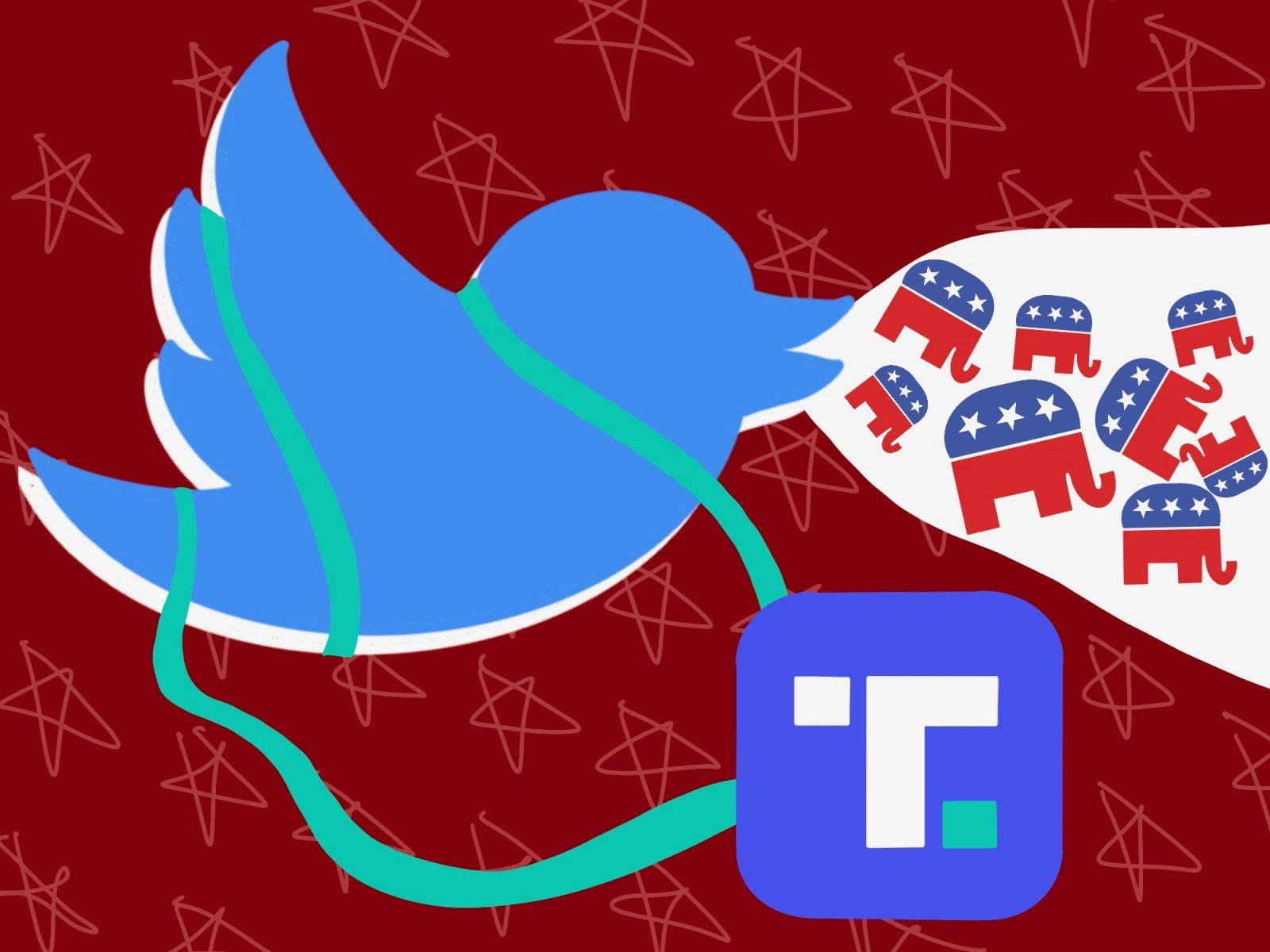The Meta Quest Pro was released last month and is finally making it into the hands of reviewers. It really is the most advanced consumer virtual reality headset made yet, with outward-facing cameras on the headset for augmented reality capabilities, as well as controllers equipped with processors that would be much more at home in a smartphone.
Exciting stuff.
It’s also $1500.
The barrier for entry into the metaverse has been high for quite some time. Not a lot of people have been willing to drop hundreds of dollars, or even thousands, on what amounts to a game console that has, like, five good games.
So why has Mark Zuckerberg invested billions of dollars into the metaverse? Does he see something there that the rest of us don’t?
Well, I for one think that an augmented reality supported future is much closer to reality than we think. Google Glass was probably one of the coolest and attention-grabbing pieces of technology in the past decade, much more so than phones that can fold.
You could basically have a graphical user interface, or GUI, overlaid on real life, much like in a video game. Wearable tech has always had the potential for widespread usage.
Most tech companies have recognized this.

Apple has thousands of people working on their AR/VR headset, and Sony and Microsoft have already released theirs. Whether we like it or not, the next frontier for technology companies will be at the very least AR, or in the case of Meta, even VR.
Meta is working on premium, future-facing headsets. Much like Samsung’s Galaxy Fold or Flip, the first few models of Meta’s top-of-the-line headsets will be prohibitively expensive to most people, and they’ll probably get down to a more reasonable price at some point within the next decade.
But investors aren’t ready to wait that long for Meta to become profitable again.
The metaverse business reported more than $15 billion in losses since the company announced last year that they would be rebranding from Facebook to Meta.
The company’s stock price is down more than 70% so far in 2022.
However, along with the rebranding of Facebook to Meta came a restructuring in the company. This made it impossible for investors — even if they hold a majority of the publicly available stocks — to do anything to fire Zuckerberg and force the company away from its metaverse ventures.
Zuckerberg is the only person that can make decisions that affect the company.
The investors can’t even get a true majority. Meta has a dual-class structure, meaning that your average Joe shareholder will own one type of stock, Class A, while Zuckerberg and some insiders hold another type, Class B.
Class A holders have one vote for one share, but Class B stock holders have ten votes per share, meaning Zuckerberg and other Class B shareholders are virtually invincible.
Zuckerberg owns 90% of the company’s Class B stock, making him essentially Meta’s sole director.
Charismatic visionaries certainly push forward the progress of technology and our society as a whole. Steve Jobs can largely be credited with why we all carry around rectangular slabs of glass everywhere, and he was infamous for being extremely controlling and difficult to work with.
Don’t get me wrong, I’m all for a metaverse future. I love tech and I love the idea of being able to be on my phone without holding and looking at a screen. What I’m not down for is Meta at the head of that, more specifically Mark Zuckerberg.
One company shouldn’t be the only power behind an entire technological field, but with the billions Meta is pouring into the tech, it’s looking like not many other companies will be able to compete.

























































































































